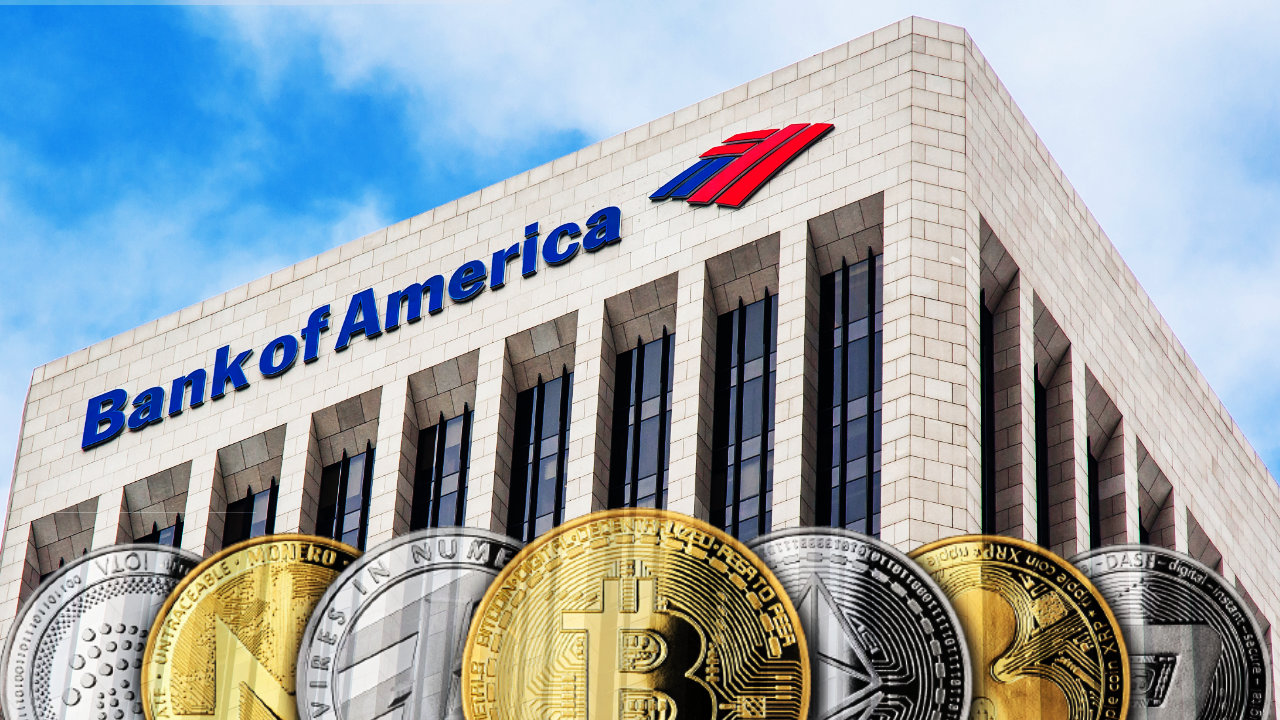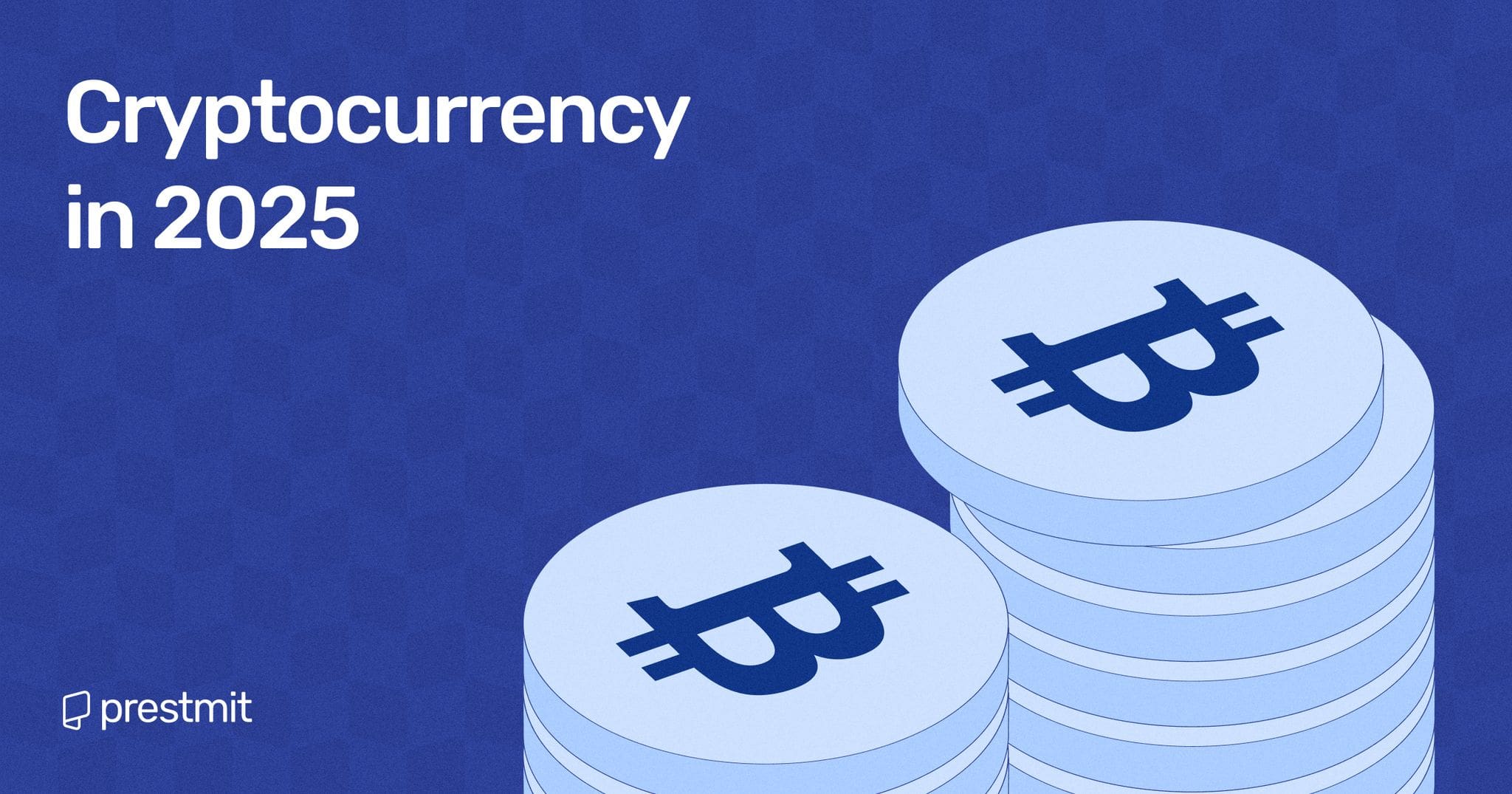The Evolution of Bitcoin: How the Digital Gold is Redefining Wealth
Bitcoin has often been termed as ‘digital gold,’ symbolizing a new paradigm of wealth in the digital age. From its inception, it has pushed the boundaries of traditional finance, challenging the conventional definitions of value, currency, and saving. As a person who has closely followed the rise and fluctuations of Bitcoin, I find its journey to be not just about investment but also about a philosophical shift in how we view money itself.
A New Financial Landscape
With Bitcoin reaching unprecedented heights in market cap and acceptance, it represents a quiet yet significant revolution in how individuals think about their finances. Unlike government-backed currencies, Bitcoin operates independently of a central authority, a fact that becomes both a boon and a bane. Navigating this new frontier, I often find myself having discussions with friends who are skeptical of cryptocurrencies. Many see them as mere fads or speculative bubbles, yet I argue that the technology behind Bitcoin is what truly matters.
Here’s why: blockchain technology, the backbone of Bitcoin, is poised to revolutionize various industries beyond finance. Its capacity for providing transparency and security is unmatched, and I believe it will play a crucial role as we move toward an increasingly digital future. The potential applications of blockchain are vast, from supply chain management to intellectual property rights. Investing in Bitcoin isn’t just about holding a speculative asset; it’s about being part of a technological revolution that could redefine global commerce.
The technological backbone of Bitcoin is often underestimated.
Riding the Waves of Volatility
Investing in Bitcoin is akin to riding a roller coaster. The market’s volatility is notorious, with prices swinging dramatically within short timeframes. I recall my own first experience of this—watching Bitcoin rise to an all-time high one day and plummet the next. It was both exhilarating and terrifying. Many potential investors hesitate at this volatility, fearing losing their hard-earned money. However, I firmly believe that for those willing to weather the storm, the long-term prospects are promising.
Understanding Risks vs. Rewards
In discussions with other crypto enthusiasts, a common theme emerges: understanding the inherent risks is crucial. Risks in the cryptocurrency space often arise from regulatory changes, technological flaws, and market psychology. Favorable regulations could boost Bitcoin adoption, while restrictive measures can dampen enthusiasm. Nonetheless, denying Bitcoin’s potential due to these fluctuating factors feels backwards to me. It’s about striking a balance between caution and embracing innovation.
Most importantly, diversification in crypto investments allows for risk management. While I may hold a significant portion of Bitcoin, I also allocate funds toward altcoins and emerging projects in the cryptocurrency space. The ability to balance risks across various assets has served me well and provides a comfort zone in these uncertain times.
Understanding market trends is essential in the cryptocurrency world.
The Future of Bitcoin
As we look ahead, the future of Bitcoin appears both bright and uncertain. On the one hand, increasing institutional adoption signals a growing recognition of Bitcoin as a legitimate asset class. On the other hand, there are questions about its scalability and the environmental concerns surrounding mining activities.
I often find myself pondering where Bitcoin fits into the broader societal framework. It’s not merely a digital asset; it’s part of a narrative that challenges our understanding of wealth itself. In an age where traditional financial institutions often fall short in serving the underbanked or disenfranchised, Bitcoin offers a glimmer of hope.
In fact, the decentralized nature of Bitcoin could empower individuals globally, enhancing financial inclusivity. This notion resonates deeply with me, as I see firsthand how it can serve as a lifeline for many, especially in countries plagued by economic instability.
The Personal Side of Bitcoin
Beyond numbers and charts, I have a personal connection to Bitcoin. My first encounter was born from curiosity. As someone who has always been fascinated by technology, the idea of a currency that exists purely in the digital realm hooked me immediately. I remember making my first purchase: a handful of satoshis via a Bitcoin exchange. That small transaction felt monumental, a step into a larger world that has since transformed many lives.
As Bitcoin becomes increasingly mainstream, its cultural significance continues to evolve. It has transitioned from a niche interest for tech enthusiasts to a topic of mainstream conversation. Whether you’re a skeptic or a believer, it’s clear that Bitcoin’s impact on modern finance and society is profound and undeniable.
Bitcoin has transcended its digital origins, influencing culture and society.
Final Thoughts
Ultimately, Bitcoin is as much about ideology as it is about investment. For me, its values resonate with a broader vision of financial freedom and individual empowerment. While there will undoubtedly be challenges ahead, ranging from regulatory scrutiny to technological hurdles, I remain optimistic. We are witnessing the birth of a new financial era, and those of us brave enough to explore it may find ourselves at the forefront of a revolutionary movement.
Embracing Bitcoin means embracing change, and in this fast-paced world, that is perhaps the only constant we can rely upon. The digital gold has captured my imagination, and I am aware that its journey is just beginning.


 Photo by
Photo by 











